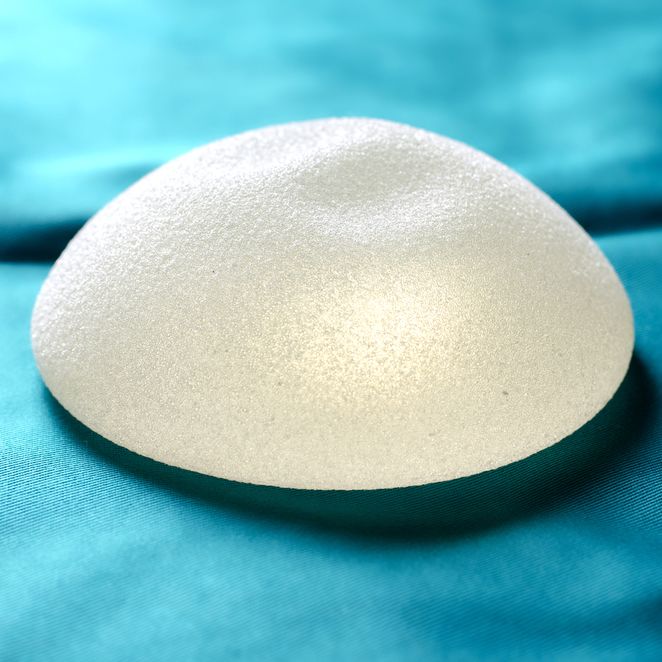Breast Implant Revision for Capsular Contracture
 Women that wish to have a more shapely, enhanced chest can benefit from breast augmentation at our Gatineau, QC plastic surgery practice. In most cases, this procedure delivers beautiful results and a more youthful, voluptuous appearance.
Women that wish to have a more shapely, enhanced chest can benefit from breast augmentation at our Gatineau, QC plastic surgery practice. In most cases, this procedure delivers beautiful results and a more youthful, voluptuous appearance.
However, occasionally, a condition known as capsular contracture occurs, which is characterized by hard, lumpy scar tissue surrounding the breast implants. Fortunately, there is a solution. Today, our team will discuss breast implant revision for capsular contracture and explain how the condition can be corrected.
Capsular Contracture: A Brief Overview
Any time there is a foreign object introduced to the body, a capsule forms around it. This is perfectly normal, and occurs whether the object is a breast implant, an artificial joint, or a pacemaker.
In some instances, however, the body can have an exaggerated response, causing excess scar tissue to form around the object. This is referred to as capsular contracture.
In the case of breast implants, capsular contracture can cause the implants to become distorted and hard to the touch. In many cases, these symptoms are accompanied by pain or discomfort.
Breast Implant Revision for Capsular Contracture
There are a few different treatment options for capsular contracture following breast augmentation. One of the most popular and predicable procedures is called an open capsulectomy.
During this procedure, your surgeon makes an incision to access the breast implant and the scar tissue. The fibrous tissue that has formed around the implant will be scored and removed, along with the breast implants.
While some patients may choose to simply remove the implants, many decide to replace them. If the implants were originally placed above the muscle, your doctor will most likely reposition them under the muscle for a more natural-looking appearance.
Are There Risks?
Concerning breast implant revision for capsular contracture, the risks are about the same as the initial breast augmentation surgery. The chance of recurrence of capsular contracture is about 20 to 25 percent. However, the use of an acellular dermal matrix can significantly decrease this likelihood.
Are You a Candidate?
How can you know if you qualify for breast implant revision for capsular contracture? First and foremost, a consultation with a plastic surgeon is the best way to explore your candidacy. That being said, here are a few tell-tale signs that you may have capsular contracture:
- Your breast feels firm.
- The appearance of your breast is abnormal or irregular.
- Your breast is sore or painful to the touch.
If you are experiencing any of these signs or symptoms, we encourage you to schedule an appointment right away with a plastic surgeon. He or she can let you know if surgical intervention is required to address the problem.
Preventing Capsular Contracture
The exact cause of capsular contracture is unknown. However, most evidence points to a bacterial infection. Therefore, in order to help prevent capsular contracture, we:
- Administer intravenous antibiotics before surgery
- Perform a full skin prep with surgical antiseptic
- Place the implants beneath the muscle whenever possible
- Use surgical non-powdered gloves to prevent contamination of the implant during the procedure
- Use an antibacterial solution to irrigate the implant pocket
Contact Us to Learn More
If you are interested in learning more about breast implant revision for capsular contracture, schedule a consultation at our practice. You can call us at (819) 243-7667 or contact us online.









